Japan has more than one royal family. The Sho kings ruled present day Okinawa for more than four centuries, but not many people realize they were/are a thing. Their reign ended in 1879 but the family's descendants live on among the common folk today. Their lives are anything but lavish. So what happened to this other, lesser known ruling family and how are they keeping their royal traditions alive?
The Okinawan Kings
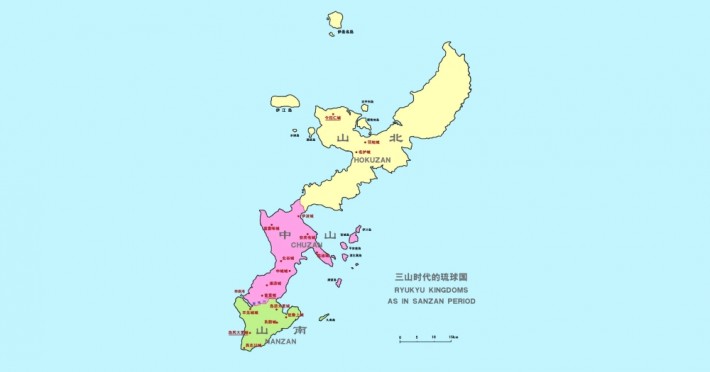
The Sho kings ruled the Ryukyu Kingdom (archipelago between Taiwan and Kyushu) from the early 15th century through 1879. What really set them apart was the fact that they had no standing army and survived by trade and diplomacy alone. The region they're located in was very turbulent but they still managed to establish strong trade routes stretching from Siberia to Siam.
Ryukyuan ships, often provided by China, traded at ports such as Vietnam, Korea, Japan, Java, Malacca, Pattani, Palembang, Siam, Sumatra, China, and many others. They traded Japanese materials (silver, swords, fans, lacquer ware, folding screens), Chinese materials (medicinal herbs, minted coins, glazed ceramics, brocades, textiles), Southeast Asian materials (sappanwood, rhino horn, tin, sugar, iron, ambergris), Indian ivory, and Arabian frankincense.
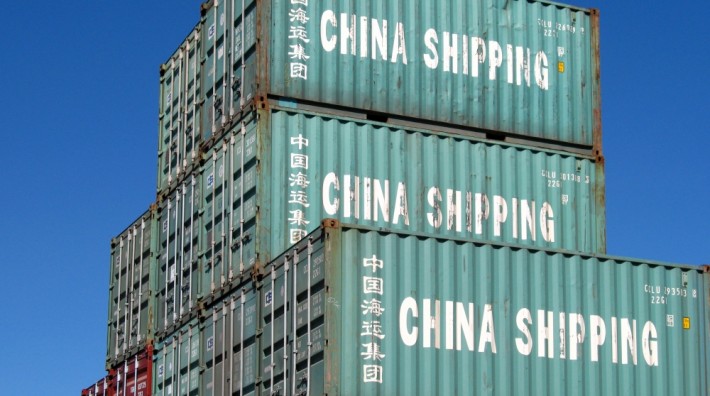
While other nations were plotting invasions and developing schemes, the Ryukyu Kingdom earned a reputation as an honest broker. They were known to China as the "country of courtesy". The Ryukyu Kingdom was filled with peace, trade, and a lively local culture.
The kingdom also managed to avoid any invasions thanks to the integral role it played in international trade as well as the support it received from Chinese emperors. It's important to keep in mind that Okinawa was not actually part of Japan at this point. The Ryukyu Kingdom was truly its own kingdom.
The Invasion
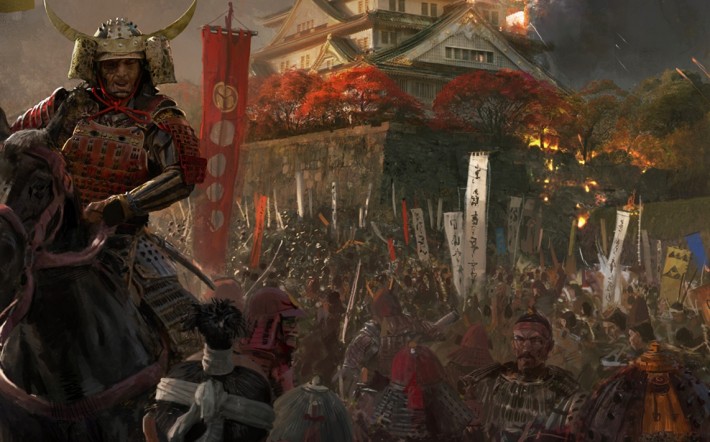
Which brings us to the next point – when the Ryukyu Kingdom finally was invaded. By Japan. Around 1590, Toyotomi Hideyoshi asked the Ryukyu Kingdom to help him conquer Korea. If successful, Hideyoshi planned to take on China next. Since the Ryukyu Kingdom was a tributary state of the Chinese Ming Dynasty, they refused the request.
This ticked off Japan, so in 1609 the feudal lord of Satsuma invaded the Ryukyu Islands and put an end to the kingdom's prosperity. The king was kidnapped, and the Ryukyu Kingdom was forced to swear allegiance to Satsuma. The Satsuma clan also took over all their trade as well.
Even though the kingdom's independence was gone, the Sho family continued to reign for 270 more years. During this time, the kingdom walked a fine line between the Chinese and Japanese emperors. The Ryukyu Kingdom was still paying tribute to China, and during Japan's 250 years of isolation, the kingdom was Japan's main avenue of international trade.
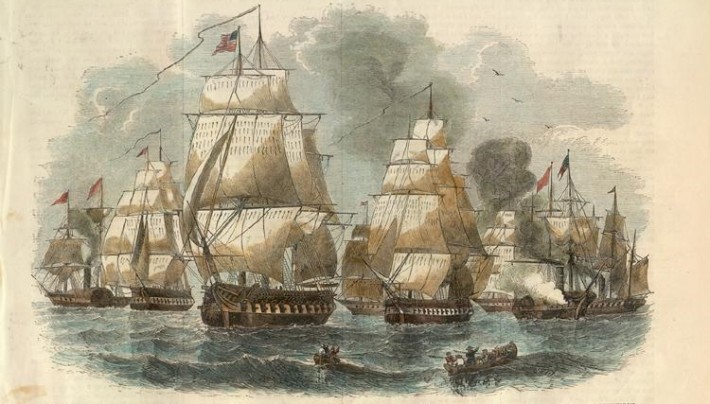
Commodore Matthew Perry even paid a visit to the kingdom. In 1853 he demanded an audience with the king and was received warmly (albeit a little perplexed) by the Ryukyu court. Perry thought the place was "as pleasant as any in the world". This sounds like a pretty neutral way to refer to a place, but since he took home a number of gifts, he probably enjoyed the time he spent there.
Sneaky Trade Ensues
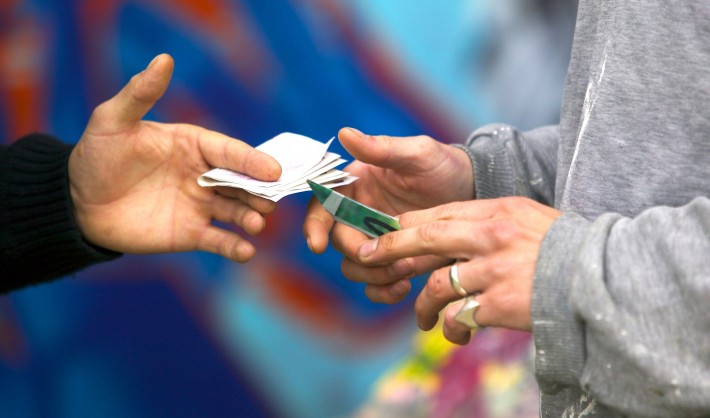
China was more or less kept in the dark concerning the Japanese influence on the Ryukyu Kingdom. Though it was technically under the control of Satsuma, Ryukyu was given a great degree of autonomy. The reason for this was trade with China.
Ryukyu was a tributary state of China, and since Japan had no formal diplomatic relations with China, it was essential that Beijing not realize that Ryukyu was actually controlled by Japan. So even though Satsuma and Japan were now in control of Ryukyu, they had to leave them alone for the most part. Otherwise China would know something was going on.
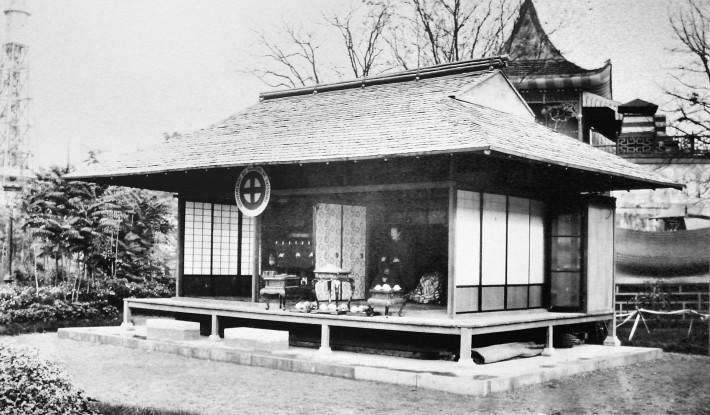
Because of this, Japan was unable to visibly occupy Ryukyu or directly control the policies and laws there. The Ryukyu royal government, the Satsuma daimyo, and the shogunate itself all benefited from this strange arrangement.
They made Ryukyu seem like as much of a distinctive and foreign country as they possibly could. Japanese people were prohibited from visiting Ryukyu without explicit permission and the Ryukyu people were forbidden from taking Japanese names, wearing Japanese clothes, or adopting Japanese customs.
The Ryukuans were even forbidden from expressing any knowledge of the Japanese language during their trips to Edo. As the only clan to have a king and an entire kingdom as vassals, Satsuma gained a significant amount of respect from Ryukyu's exoticism, further reinforcing that it was an entirely separate kingdom.
Eventually, Japan began to harass China for total control over the Ryukyu Kingdom. Japan ordered them to stop paying tribute to China in 1875 and China's relationship with the islands was abolished in 1879. The kingdom itself was then abolished, and the islands annexed as Okinawa Prefecture. However, the Ryukyuans were not truly considered a part of Japan and the Ryukyu people were not considered to be Japanese.
The Sho Family Today
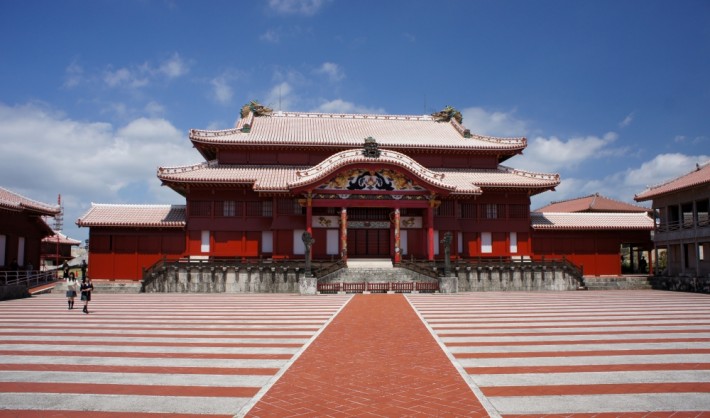
Prince Tsuguru Sho does not live the life of a prince. He owns a bar in Tokyo and hardly anyone realizes he is of royal blood. Tsuguru is too busy running the bar and serving food to care. Sho's Zen restaurant is just down the street from Japan's Imperial Palace too.
As for myself and my relatives, we take great pride in the name Sho. But the Ryukyu Kingdom has become Okinawa Prefecture, and we >go about our business as normal citizens. – Tsuguru Sho
The Ryukyu court is gone and their treasures and artifacts now rest in museums inside and out of Japan. The family keeps their traditions alive through use of their own court dialect, much like Japan's imperial family. They speak it with each other, most often at family gatherings.
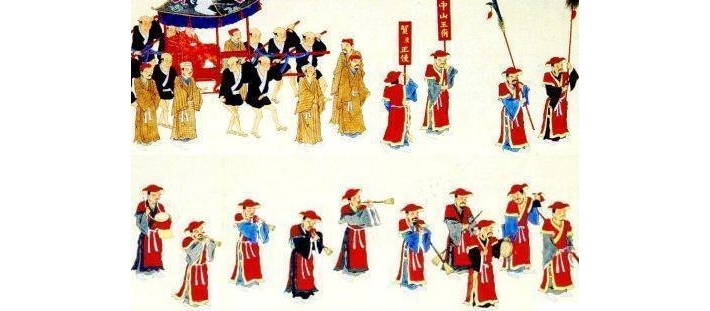
They have these family gatherings because these days the family is pretty spread out. In Okinawa, family members run prep schools, nurseries, and parking garages. When the family's reign officially ended, Japan gave them numerous privileges and signs of respect. They were given seats in the House of Peers, and some of them even married into the imperial family.
Unfortunately, these privileges ended with the battle of Okinawa during World War II. More than 90% of Okinawans were homeless near the end of the war in 1945, including the Sho family. Shuri Castle was reduced to rubble (it's since been restored) and the House of Peers was disbanded. Okinawa was now under the control of the United States and remained that way for 27 years until it was finally returned to Japan in 1972.
So the Sho family basically lives like any other Japanese family these days. Some family members are worried that the younger generations might not keep with tradition and carry on things like the family's court dialect, but overall things are pretty decent for the Sho family today. Regardless of how well known they are today, their legacy will always live on in the history books.
